We develop solutions to help people recover from trauma associated to the locomotor system

Lambda Health System was founded in 2015 in Yverdon-les-Bains, Switzerland. We want to democratize advanced robotic assistance for rehabilitation of the locomotor system.
We develop solutions to help people recover from trauma associated to the locomotor system
We do our best to make it as easy as possible to use for both patients and therapists
We help therapists enhance their programs with new and innovative approaches.
And we do it in a cost effective way making it accessible for the majority of rehabilitation centers.
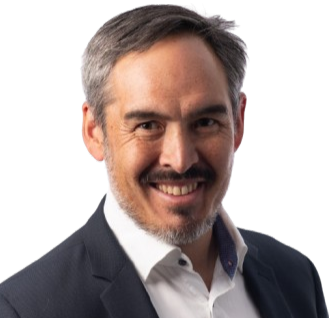
Colin Sanctuary is a seasoned founder, former CEO, and board member with over 20 years of experience building and advising technology and life science companies. He led a pioneering healthtech venture from inception to a successful sale in 2021. Today, Colin supports leadership teams as a strategic advisor and independent board director. His work spans growth strategy, governance, capital raising, and founder transitions—helping companies evolve from early potential to lasting performance.
In parallel, Colin facilitates transformative journeys for executives and teams navigating complexity, reinvention, or scale. As a certified executive facilitator, he creates high-trust spaces that foster reflection, alignment, and clarity of purpose—unlocking the human foundations of enduring success.
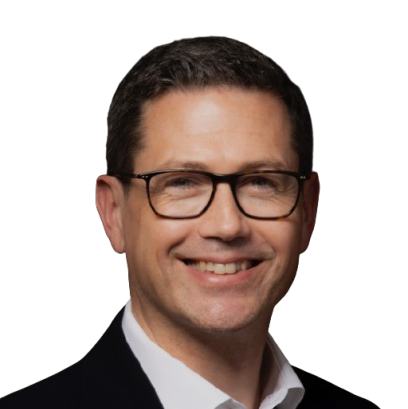
Frédéric is a Managing Partner at Norman Venture Office, a comprehensive service provider offering seamless financial operations and strategic support to entrepreneurs aiming to grow their companies. With extensive industry experience in project management and supply chain, he is an independent advisor and business strategist to over 15 technology SMEs and startups. As a seasoned Business Angel, Frédéric has invested in more than 30 startups across Tech industries, with a keen interest in emerging DeepTech technologies and their transformative applications across various sectors.
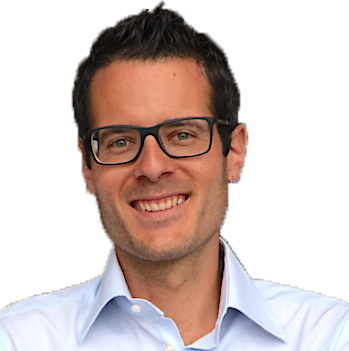
Yannick holds a Master of Sciences in Engineering and a CAS in CA/RA/QA for medical devices. He has always been active in socially impacting projects and founded a few start-ups from a young age. Among other things, he had the opportunity to develop and commercialize technologies to improve electric car charging, safety for public transports, or promote physical activity.
Ensuring the growth of Lambda is a logical next step in his entrepreneurial career, with the greatest challenges to be met in a project at the heart of today's preoccupations, where physical rehabilitation is ever more present and necessary.
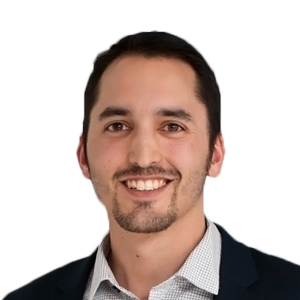
Aurélien holds a Master of Sciences in mechanical engineering and was initially in charge of the mechanical development of the device. He later had the privilege of working as a research collaborator in the Neuropsychology and Neurorehabilitation Service of the University Hospital of Lausanne (CHUV). This clinical experience motivated him to bring the Lambda to the patients. He was then co-investigator in the pilot clinical trial of the first prototype. Aurélien is also a lecturer in various medical device development courses for BAS, MAS and CAS students.
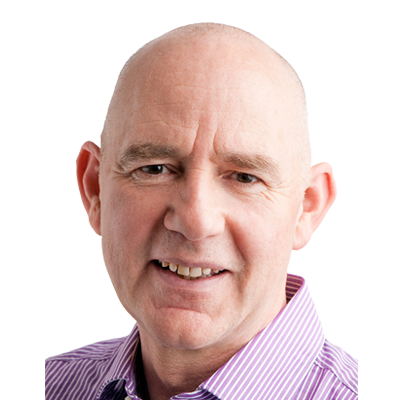
Rolf trained as a specialist in Physical and Rehabilitation Medicine in Geneva and London with a special interest in neurorehabilitation. He joined the Lausanne University Hospital (CHUV) in 1995 where he created a unit for neurorehabilitation and started to work on rehabilitation robotics together with EPFL. He became a tenured lecturer and researcher at Lausanne University in 2007 and served on the European Board of Physical and Rehabilitation Medicine as President from 2012 to 2014. Rolf joined the team at the as a medical advisor and is in charge of the clinical aspects of the products.
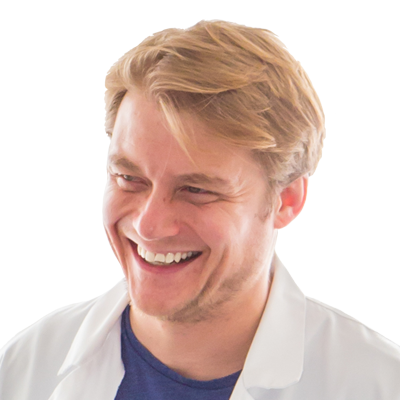
Nicolas is a physical therapist specialised in neurorehabilitation. He is currently a teacher in the University of Health Science (HESAV) in Lausanne and has his own physical practice specialized for neurological patients since 2004. His research interests mainly focus on repetitive movements, spasticity and robotics. Nicolas joined the LHS team as physical therapist advisor and his input is especially important for the development of new features and products.
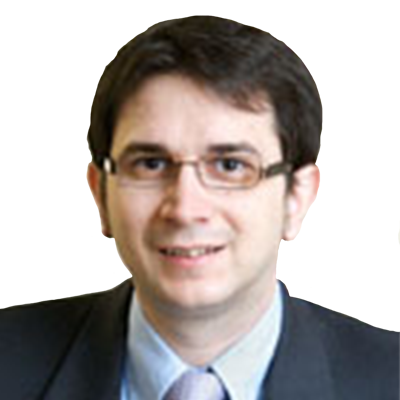
Michel is a researcher in the field of robotics and control with more than 20 years of experience. He specialized in Physical Human Robot Interaction. His past achievements include the development of a new class of High Performance Actuators for Interaction and specialized Impedance/Admittance Control Schemes. He is currently a professor at Hepia Geneva, member of the HES-SO University of Applied Sciences and Arts in western Switzerland. Michel joined the LHS development team in 2009 and developed all the Model Based Motion Control Schemes.
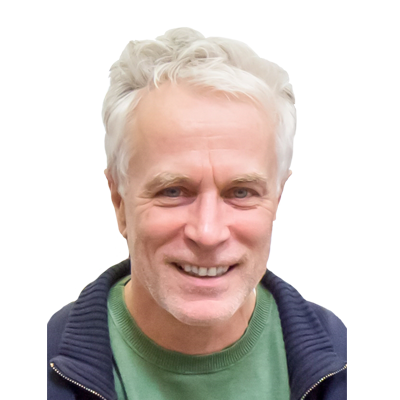
Carl has been involved in the development of medical devices for 20 years. During his Ph.D. Thesis at EPFL, on “Functional orthosis with parallel and serial kinematics for the rehabilitation of the lower limbs”, he specialized in biomechanics and invented the first concept of the Lambda robot. He is currently Professor at the HEIG-VD in the Biomedical Engineering Group and continues his research in robotics applied to rehabilitation as head of the biomechanics laboratory.
Lambda Health System can count on the support of different institutions.
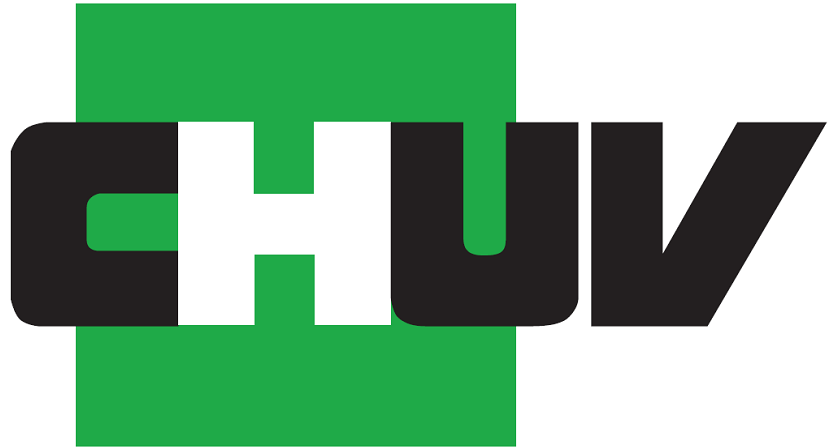
The Lausanne University hospital and particularly its service of neurorehabilitation is a key partner for the medical input since the early days of LHS. The CHUV is currently the sponsor of the first clinical trials of the Lambda robot. Practicians of the service of neurorehabilitation are co-investigator of this study.
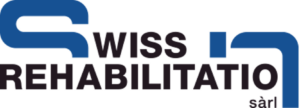
Swiss Rehabilitation is an organisation specialised in neurorehabilitation treatments at home. A young and dynamic team of physiotherapists providing healthcare in multiple regions of the Vaud district, supervised by Nicolas Perret, team member of Lambda Health System.
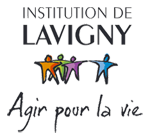
Lavigny is an institution based on a few different sites in canton de Vaud. Their hospital departement is specialized and well recognised in Europe in neurorehabilitation and epileptology. Their mission is to help patients from sub-acute to ambulatory care, maintaining the best possible quality of life. The institution was the first adopter of the tecnology and is a really important partner for the development of new functionnalities and therapies.

Villa Beretta and the Dr. Franco Molteni and his team are early adopters of the Lambda device and gather cinical data on the benefits of its therapies.

Care Techniques started in the Saudi market in 2007 and focused in the beginning in the field of physiotherapy to then start expanding & search out new opportunities to other fields like those of radiology educational equipment and research equipment in the educational medical field. Now Care Techniques is working with over 70 suppliers from ex: USA, Germany, Finland, Denmark, Canada, Italy, UK, Switzerland and Austria and is still looking for more successful business relations and ventures to expand its reach in the Middle East. Since 2024, Care Techniques is an official distributor of the Lambda

Klinik Bavaria, one of the leading rehabilitation clinics in northern Bavaria. They have specialist departments for orthopaedics, neurology and occupational medicine as well as their neurological specialist and private hospital with the AWARE CARE intensive care unit. They were the first to adopt the Lambda robot in Germany and are more than delighted.
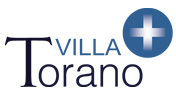
Nursing home offering extensive outpatient rehabilitation in a continuous cycle, physical medicine and functional rehabilitation (physiokinesitherapy). Villa Torano has adopted Lambda to perfect the rehabilitation of its geriatric patients.
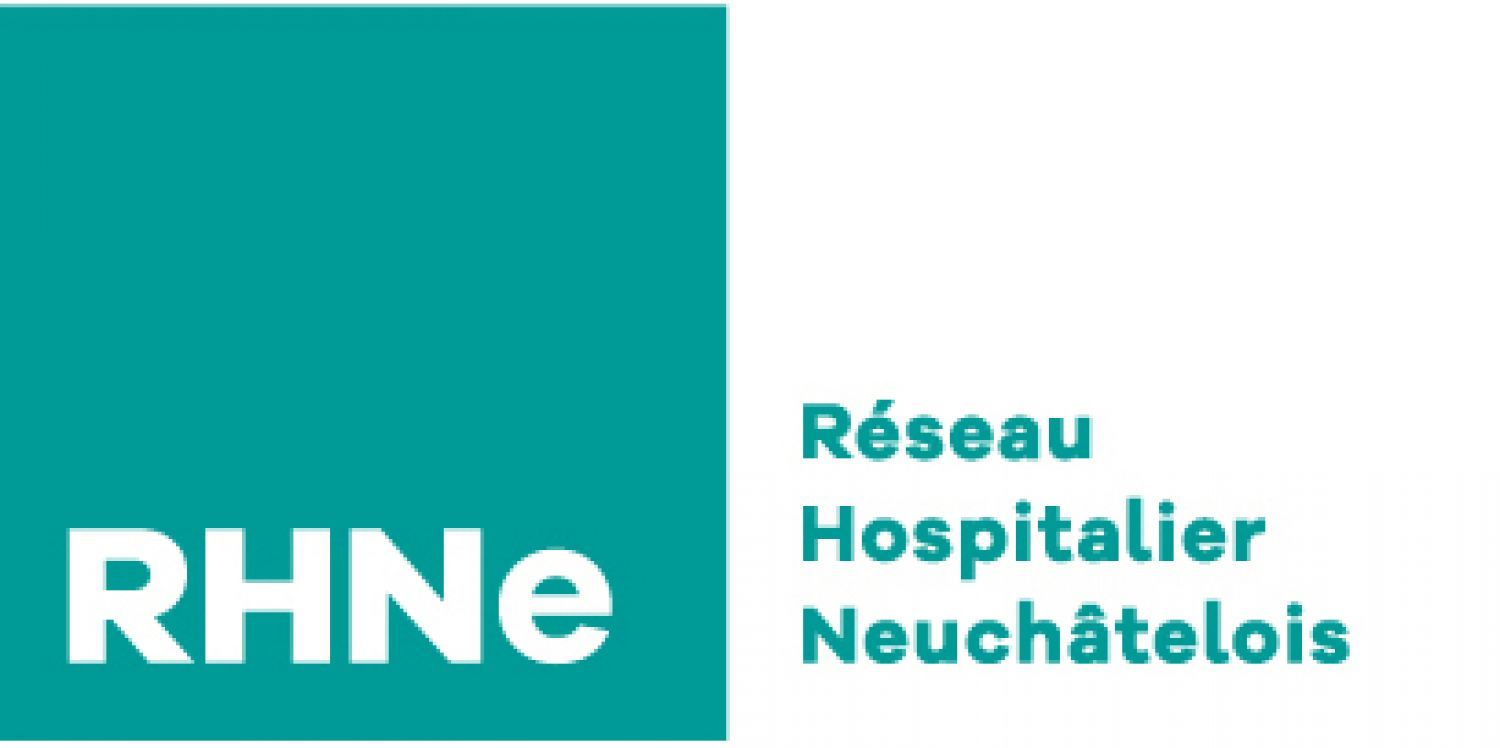
The Réseau hospitalier neuchâtelois groups together the public hospitals in the canton of Neuchâtel. With 2,800 employees at five sites, the Réseau hospitalier neuchâtelois is the largest employer in the canton of Neuchâtel. It has two acute sites (La Chaux-de-Fonds and Pourtalès, in Neuchâtel), two treatment and rehabilitation centers (Le Locle and Val-de-Ruz), a certified palliative care center (La Chrysalide) and a policlinic located at the Maison de santé du Val-de-Travers. Their physiotherapy department is delighted to have access to Lambda for its patients.
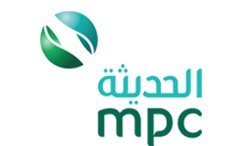
Modern Pharmaceutical Company LLC, more simply known as MPC. They are the UAE’s leading distributor and healthcare service provider within the pharma and healthcare industry. Since 2023, MPC is an official distributor of the Lambda robots.
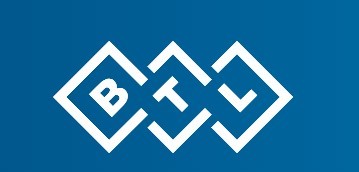
Founded in 1993 in the Czech Republic, BTL has become one of the world's leading manufacturers of medical equipment. BTL's main segments include orthopedic rehabilitation and therapy, cardiovascular systems and aesthetic medicine. Since 2023, BTL has been an official Lambda distributor.

The Don Gnocchi Foundation operates under National Health Service accreditation (as well as private integration and private social activity lines) in 25 residences and 27 clinics, organized into territorial zones, spread across 9 Italian regions. The Fondation has been working with the most vulnerable for 70 years.They have recently acquired several Lambda units for their various rehabilitation centers.
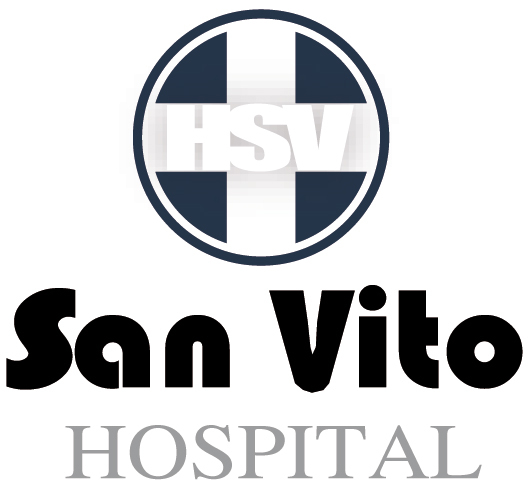
The San Vito Hospital Health and Rehabilitation Residence was one of the first in southern Italy to place its trust in us. Today, they carry out many therapies at Lambda, as it can cater for a wide range of patients.
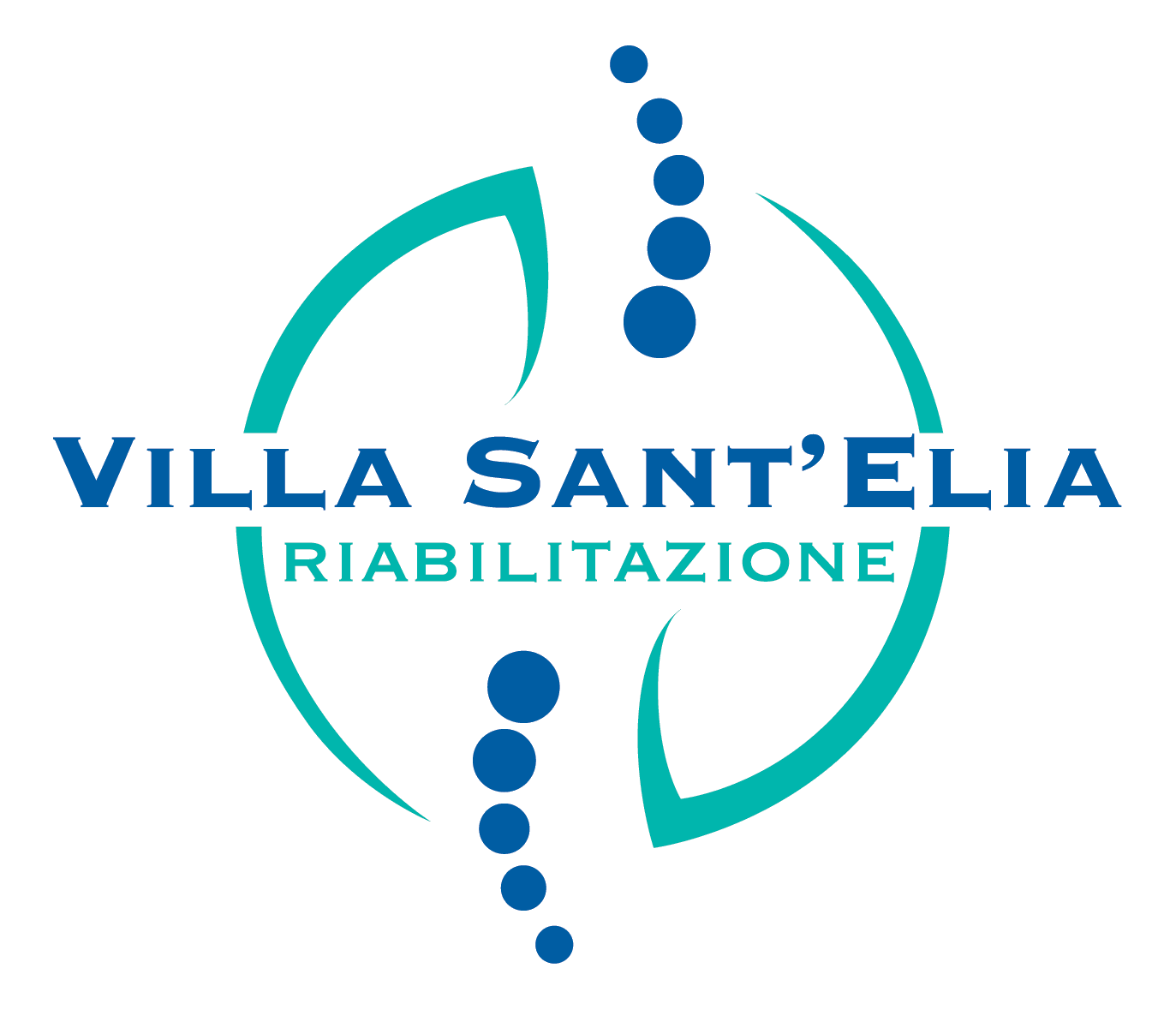
Villa Sant'Elia Riabilitazione is an advanced rehabilitation center, born of the need to provide the region with the most modern, effective and personalized healthcare, rehabilitation and assistance for the prevention and treatment of various pathologies. The facility is part of the renowned PA.RI.SAN . (PARENTE - RIABILITAZIONE E ASSISTENZA SOCIO-SANITARIA SRL) group, one of the first, in 1988, to introduce robotics into rehabilitation in Calabria and to offer services for people who are not self-sufficient: day centers for the disabled (download brochure), integrated home care (ADI, download brochure), nursing homes (RSA) and social housing.

The Suva clinics comprise the Clinique romande de réadaptation in Sion and the Rehaklinik Bellikon in Bellikon. Both Suva clinics specialize in trauma rehabilitation, sports medicine, vocational rehabilitation and medical expertise. With its unique range of services - prevention, insurance, rehabilitation - Suva (Swiss National Accident Insurance Fund) offers its insured a comprehensive health protection package. One of its major concerns is the rehabilitation of accident victims in its own clinics, including the Clinique romande de réadaptation.

The University of Applied Sciences of Neuchatel, is our close partner for all computer graphics challenges, including Serious Games and Virtual Reality using head-mounted display. The current Serious Game platform is the result of more than 3 years of their work and a few Bachelor and Master Thesis – see the Graphics Team, "Groupe de Compétence Imagerie"
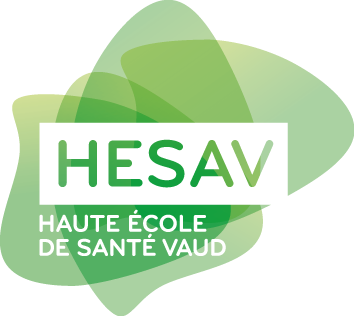
The University of Health Sciences of Lausanne and some of its physiotherapists have collaborated during the Lambda robot development to ensure usability for the therapist and usefulness for the patient. A physiotherapist of the HESAV is also co-investigator in the Lambda robot first clinical trials.

LHS is a spin-off of the University of applied Sciences of Yverdon-les-Bains. Since the early days, and for the future, it is our privileged partner for R&D. A lot of bachelor or master thesis linked to LHS have been done in the field of engineering or marketing and finances.
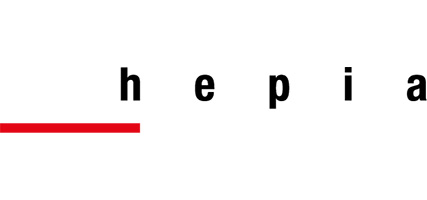
Located in Geneva, the Robotics Laboratory of hepia is our partner for the development of all robot motion control algorithms. Several bachelor and master thesis have been achieved and are currently in progress on this topic.
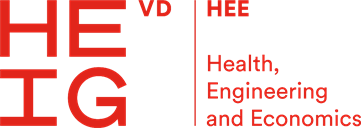
This transversal group is composed of 32 HEIG-VD's co-worker specialized in the medtech industry. It was at the heart of the Lambda robot development.
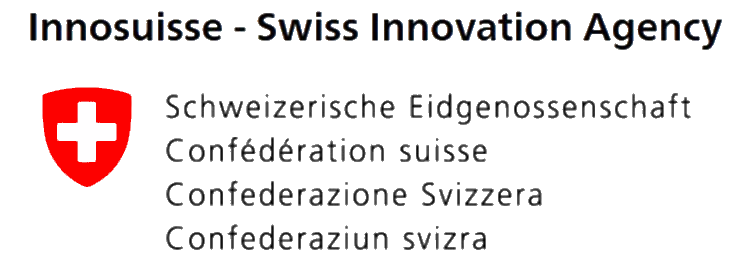
The Comission for Technology and Innovation provides a really important support for LHS in different ways. The CTI-Entrepreneurship Courses "Venture Challenge" and "Business Creation" were highlights in our progression. Furthermore, our start-up is currently in the phase 2 of the CTI-Start-up Coaching process.

Turning scientific innovation into entrepreneurial activity and job creation is the basis of societal and economical prosperity. In the very early stages, startups bear very high risk that are neither carried by public money nor by private investors. That's why Venture Kick was created to support seed stage startups, like our!
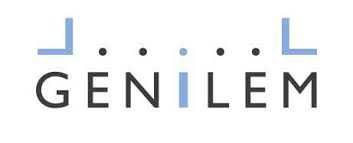
GENILEM is a non-profit organization founded in 1995. Its mission is to support the creation of innovative companies in all areas. Constituted as a network, it works with other independent antennas in the German et French-speaking parts of Switzerland. LHS has the chance to benefit from a coaching of 3 years given by GENILEM experts.

Innovaud provides various support options for companies, from start-ups and SMEs to giant multinationals. It gives us access to advice on business start and a good address book. The Innovaud Connect are also some useful events.

FIT aims to support high technology and innovative projects by providing appropriate financial assistance. For LHS, the help is a participation on the HEIG-VD Start-up grant, for the best entrepreneurial project of the year presented by a student or employee of the school.